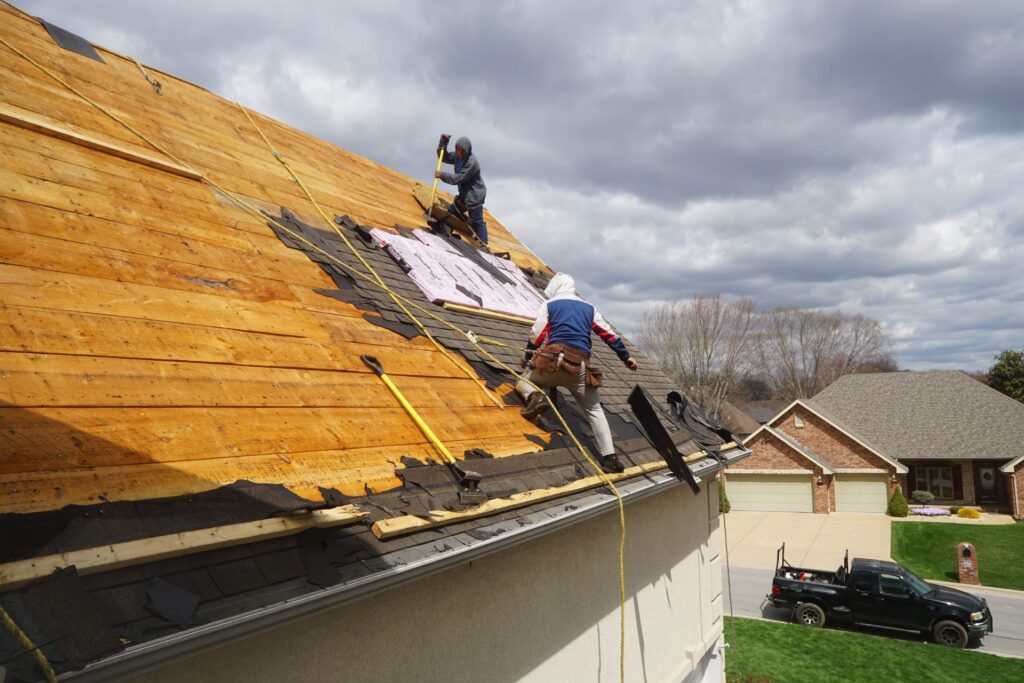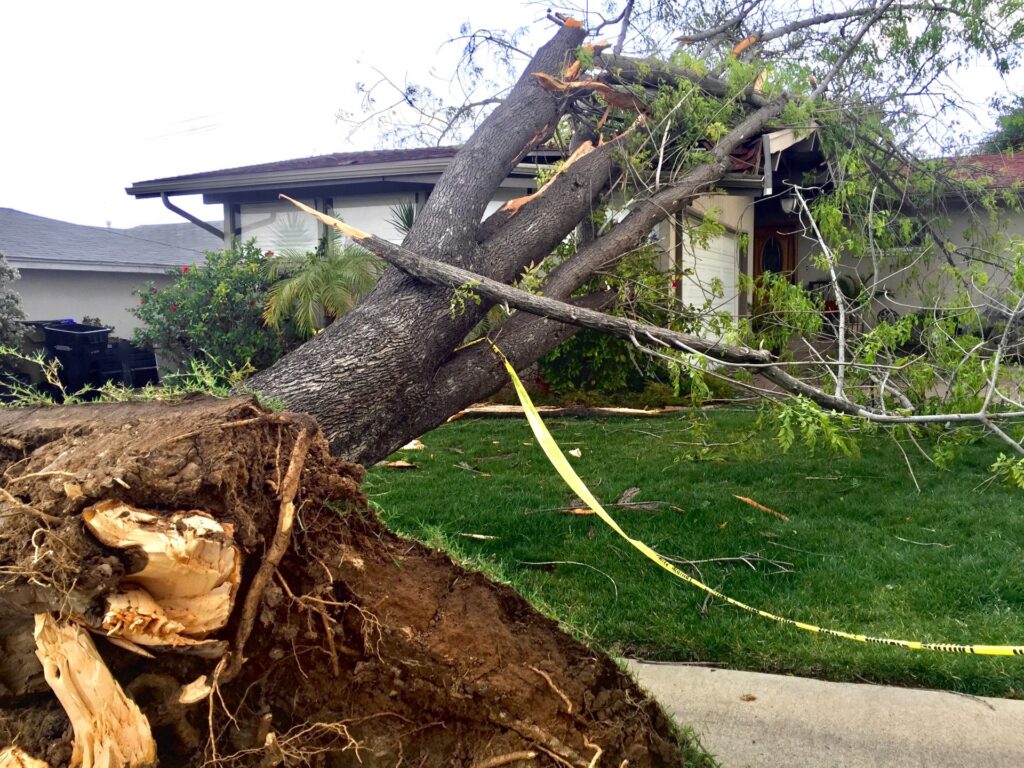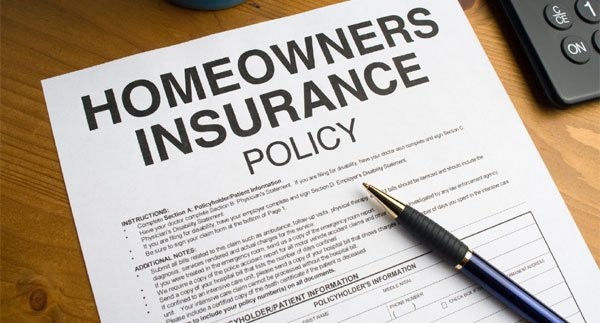5 Property Insurance Claim Pitfalls: Secure Your Home’s Future! Call Now for Expert Guidance!
Property insurance is not just a luxury; it’s a safeguard for your most significant investment – your home. Understanding the ins and outs of home insurance is crucial for homeowners to protect their assets and ensure financial security in the face of unexpected damages or losses.
Why Home Insurance Matters:
Home insurance provides a safety net for homeowners in the event of property damage, natural disasters, theft, or liability claims. However, navigating the complexities of insurance claims can be daunting, leading to potential pitfalls that could jeopardize your coverage and financial well-being.
Let’s delve into the five most common mistakes homeowners make when filing property damage claims, we will offer insights and expert advice to help you avoid these pitfalls.
Here’s what we’ll cover:
- Misunderstanding Policy Coverage
- Delaying Documentation and Reporting
- Underestimating the Severity of Damage
- Disregarding Legal Counsel
- Ignoring Adjuster Assessments
Misunderstanding Policy Coverage:
Many homeowners make the mistake of assuming their insurance policy covers all types of property damage. However, policies vary significantly in their coverage limits and exclusions. It’s crucial to review your policy carefully and understand what is and isn’t covered to avoid unpleasant surprises when filing a claim.
One common misconception is that standard homeowner’s insurance covers all types of property damage, regardless of the cause. In reality, most policies have specific exclusions, such as flood damage, earthquake damage, or damage caused by neglect or wear and tear. Without proper understanding, homeowners may find themselves facing significant out-of-pocket expenses for damages they assumed would be covered.
To avoid this pitfall, it’s essential to review your insurance policy regularly and make sure you understand the extent of your coverage. If you have questions or concerns about specific provisions in your policy, don’t hesitate to reach out to your insurance agent or company for clarification. Additionally, consider supplementing your coverage with additional policies or endorsements to fill any gaps in protection, such as flood insurance or extended replacement cost coverage.
Delaying Documentation and Reporting:
Prompt documentation and reporting of property damage are essential for a successful insurance claim. Waiting too long to report an incident or failing to gather sufficient evidence can hinder the claims process and result in delays or denials. Take photographs, gather receipts, and document the details of the damage as soon as possible to support your claim.
When it comes to documenting property damage, thoroughness is key. Be sure to capture multiple angles and perspectives of the damaged property, including close-up shots to highlight specific areas of concern. Additionally, keep detailed records of any expenses incurred as a result of the damage, such as temporary repairs or alternative living arrangements.
In addition to documenting the damage itself, it’s crucial to report the incident to your insurance company promptly. Most policies have specific timeframes within which claims must be filed, so procrastination can result in missed opportunities for coverage. Contact your insurance agent or company as soon as possible after discovering the damage to initiate the claims process and ensure timely resolution.
Underestimating the Severity of Damage:
Underestimating the severity of property damage can lead to inadequate compensation from your insurance provider. It’s essential to assess the extent of the damage accurately and seek professional evaluations, especially in cases of roof damage or structural issues. Failing to address significant damage promptly can exacerbate the problem and result in costly repairs down the line.
When assessing property damage, don’t rely solely on your own observations. Instead, consider seeking input from qualified professionals, such as contractors, engineers, or adjusters, who can provide an objective assessment of the damage’s scope and severity. By obtaining multiple opinions, you can ensure a more accurate understanding of the situation and make informed decisions about how to proceed.
In cases where significant damage is identified, it’s important to act swiftly to mitigate further harm and protect your property. Temporary repairs may be necessary to prevent additional deterioration or exposure to the elements. Keep thorough records of any repair work performed, including receipts and invoices, to document your efforts to mitigate the damage and facilitate reimbursement from your insurance company.
Disregarding Legal Counsel:
Navigating the complexities of property insurance claims can be overwhelming, especially when disputes arise with your insurance provider.
Many homeowners make the mistake of handling these disputes alone, without seeking legal counsel. An experienced insurance lawyer can provide invaluable guidance, negotiate with the insurance company on your behalf, and ensure you receive fair compensation for your losses.
When facing challenges with your insurance claim, don’t hesitate to seek legal advice from a qualified attorney specializing in insurance law. They can help you understand your rights and options under your policy, advocate for your interests during negotiations with the insurance company, and, if necessary, represent you in legal proceedings.
Now, you may be wondering if an attorney is the right fit for you. Here are 4 questions to ask when seeking legal assistance with your claim:
- What are my legal rights as a property owner?
- How are You Going to Prove My Claim Was Denied or Underpaid Unfairly?
- What Compensation Am I Entitled To?
- How Can I Protect Myself From Future Denials or Underpayments?
Ignoring Adjuster Assessments:
While insurance adjusters play a crucial role in evaluating property damage and processing claims, homeowners should approach their assessments with caution. Some homeowners make the mistake of blindly accepting adjuster estimates without questioning discrepancies or seeking additional opinions. It’s essential to review adjuster assessments carefully, challenge inaccuracies, and seek independent evaluations if necessary to ensure fair compensation.

Keep in mind that insurance adjusters work for the insurance company and may have incentives to minimize claim payouts. While many adjusters are honest and professional, their assessments may not always reflect the full extent of the damage or the true cost of repairs. If you disagree with an adjuster’s assessment, don’t be afraid to speak up and provide evidence to support your position.
In cases where there is a significant discrepancy between your own assessment of the damage and that of the insurance adjuster, consider hiring an independent appraiser or contractor to provide a third-party evaluation. Their expertise and impartiality can lend credibility to your claim and help ensure that you receive fair compensation for your losses. Remember, you have the right to challenge the insurance company’s decision and pursue further action if necessary to resolve disputes.
By avoiding these common mistakes and staying informed about your rights and obligations as a homeowner, you can navigate the property insurance claims process with confidence and secure the protection your home deserves. Remember to review your policy regularly, document damage promptly, seek professional evaluations when necessary, consider legal counsel when facing disputes, and advocate for fair treatment throughout the claims process. With careful planning and proactive communication, you can ensure that your home and assets are adequately protected against unforeseen events.

















